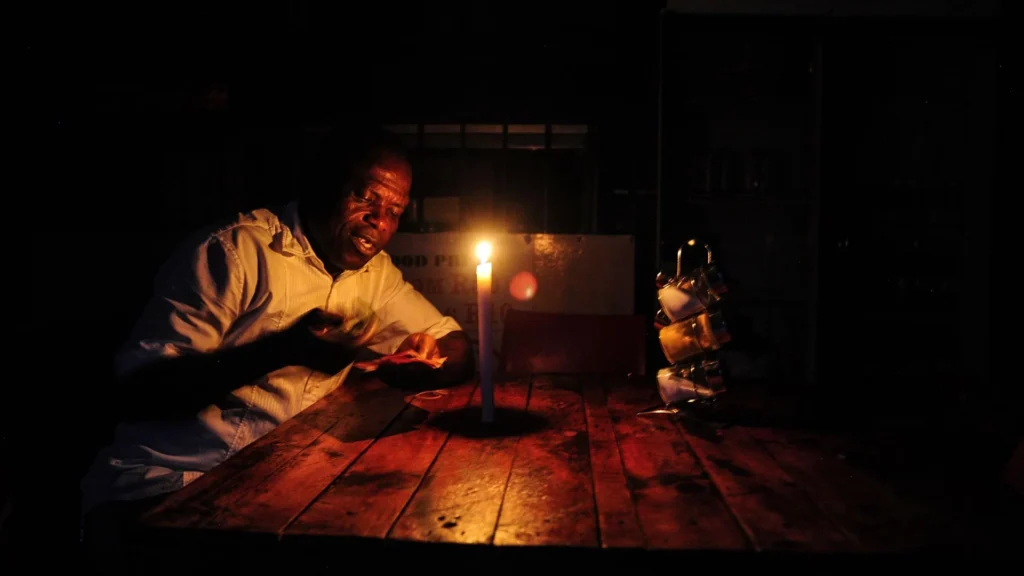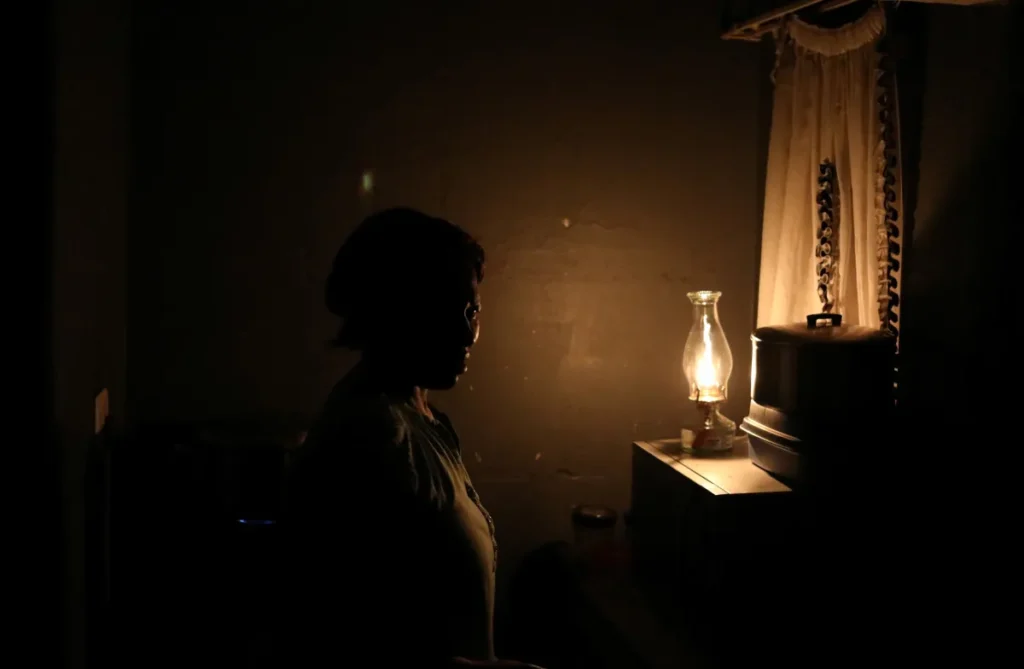
Persistent power cuts in The Gambia have sparked widespread concern, with citizens increasingly frustrated over unreliable electricity supply amid a rising cost of living and an ailing economy.
The National Water and Electricity Company (NAWEC), the country’s sole electricity provider, has faced sharp criticism in recent years for its inability to meet the growing demands of a population of 2.5 million people.
Residents across the country have expressed frustration as power outages continue to disrupt daily life.
For many, the situation has become unbearable, as the lack of reliable electricity exacerbates already difficult living conditions.
Abdou, shared his personal disappointment with the ongoing power cuts.
“Gambia isn’t nice anymore,” he said, adding “The saddest part of the electricity situation is that after buying cash power, you don’t get electricity.”

With the rising cost of basic necessities and the economy in a precarious state, Gambians are now facing the dual challenge of soaring prices and unreliable public services. Critics argue that the government’s failure to resolve the electricity crisis is emblematic of broader governance issues, and many feel that their concerns are being ignored.
Another resident, speaking on the condition of anonymity, vented his frustration at the political leadership, questioning whether electricity in the country is under the control of the government.
“Nothing is working in this country. I ask myself if the electricity is sold by Barrow and his government. We live in the darkness day and night, and we have no choice. We are appealing to him to help address the problems facing Gambians.”
The electricity crisis is not only inconveniencing residents but also stalling economic activities and hindering businesses that rely on a steady power supply. Power outages have become a daily norm, with some areas experiencing blackouts for hours, if not days, at a time.
For businesses, the unrelenting lack of electricity translates into lost productivity and increased costs.
The government’s efforts to address the power situation have thus far yielded limited results. Experts point to structural issues within NAWEC, including outdated infrastructure, mismanagement, and insufficient investment, as contributing factors to the ongoing crisis. Critics argue that urgent reforms are needed to restore public confidence in the utility sector.
Reporting by Adama Makasuba










Recent Comments